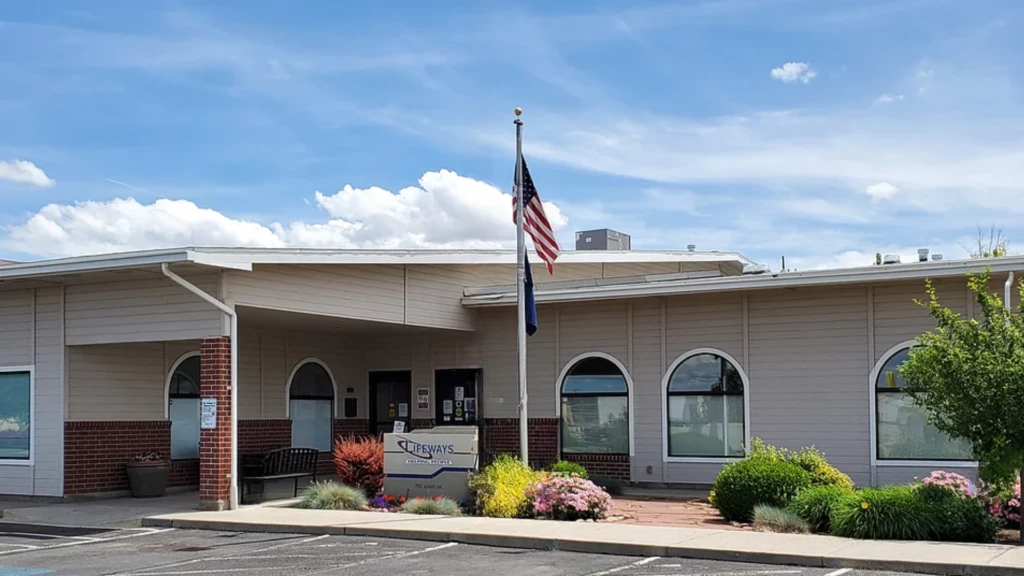Lifeways Recovery Center Information
Treatment
Who We Treat
- Male and Female
Treatment Focus
- Drug Addiction
- Alcohol
Approaches
- Individual Treatment
- Evidence-Based
- Group Therapy
- Cognitive Behavioral Therapy (CBT)
- 1-on-1 Counseling
- Recreation Therapy
- Medication-Assisted Treatment (MAT)
Substances We Treat
- Alcohol
Languages
- English
Aftercare
- Support Meetings
Level of Care
- Residential Rehab
Experience
Personal Amenities
- Air-Conditioned Rooms
- Shared Rooms
On-Site Activities
- Alternative Support Meetings
Smoking and Vaping Policy
- Smoking Allowed in Designated Areas
- Vaping Allowed in Designated Areas
Accreditations
-
Commission on Accreditation of Rehabilitation Facilities (CARF)
CARF accreditation is a prestigious recognition for organizations in rehabilitation and human services. It signifies that an organization meets rigorous quality standards and is committed to providing top-notch care. Achieving CARF accreditation involves a thorough evaluation process, including on-site surveys, to ensure excellence in programs and services. This accreditation boosts an organization's credibility, assures clients and funders of quality, and promotes ongoing improvement in the field of rehabilitation and human services.

-
SAMHSA certification for opioid treatment program (OTP)
Accreditation by the Substance Abuse and Mental Health Services Administration (SAMHSA) for Opioid Treatment Programs (OTPs) signifies that a program has met strict standards for providing high-quality care to individuals with opioid use disorders. It assures patients, families, and communities that the OTP follows evidence-based practices, employs qualified staff and maintains a safe and effective treatment environment. This accreditation reflects the program's commitment to addressing the opioid epidemic and promoting recovery.
Additional Locations
Lifeways Recovery Center Accepts The Following Insurance Plans
Find the best treatment options. Call our free and confidential helpline today!



